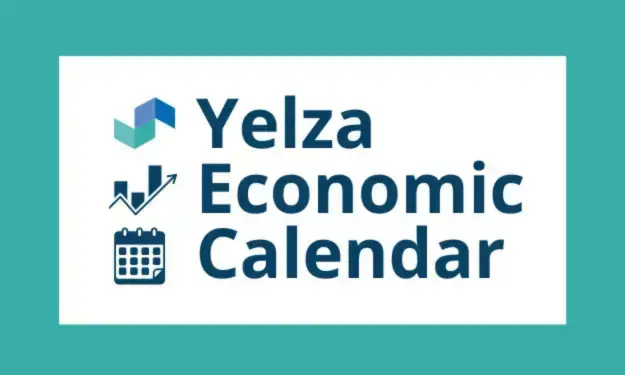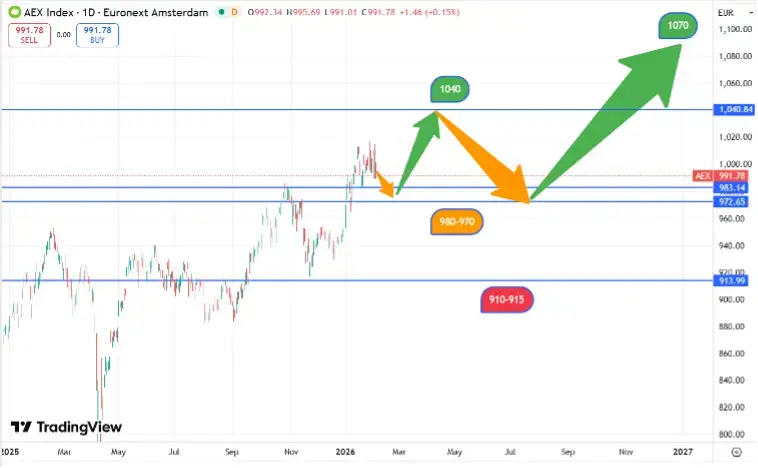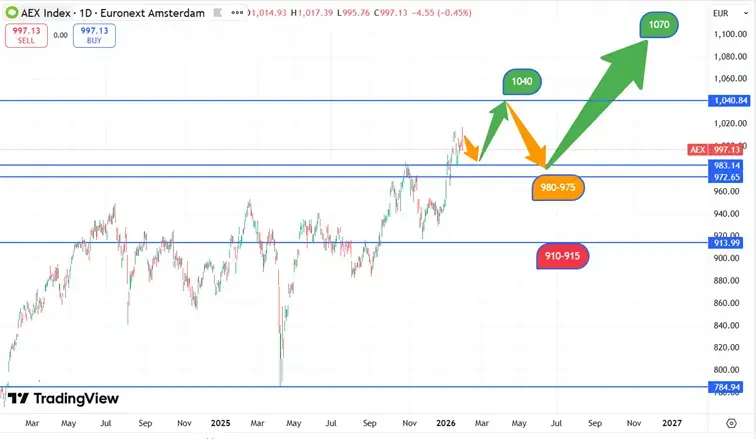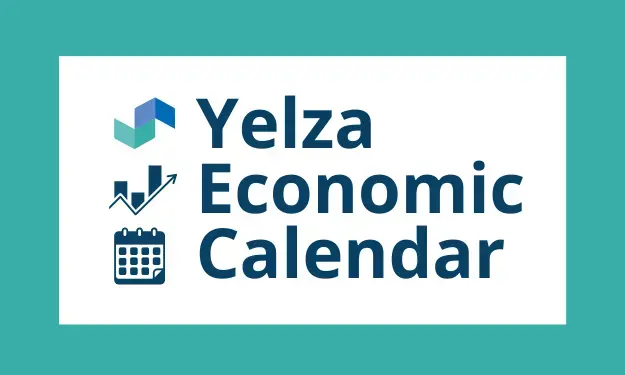Influence of Unilever on the AEX
As one of the largest companies on the Amsterdam Stock Exchange, Unilever has a significant influence on the AEX Index, with a total weighting of 14.51% (measured June 28, 2024). As a result, the company has a substantial impact on the movements of the AEX Index, especially during the release of quarterly results and other important corporate developments. View the composition of the AEX here and discover the weighting of all companies within the index.
Investment analysis & outlook
Investment analysts view Unilever as a stable investment, given its strong market position, diversified product portfolio and global presence. Its focus on sustainability and delivering innovative products offers growth potential, although factors such as economic fluctuations, competition and changing consumer preferences may pose challenges. Unilever remains focused on improving efficiency and further enhancing the sustainability of its product offering.
The chart below compares Unilever's share price performance with the AEX index over the past 5 years. It shows that despite some fluctuations in the market, the company has remained relatively stable compared to five years ago. What is notable is that Unilever's share price performance shows similar movements to the AEX, although the AEX has experienced significantly greater growth. This is due in part to the strong performance of tech funds and other large companies in the index.

News & updates
Recently, Unilever announced it is further strengthening its global sustainability strategy, with new targets for reducing carbon emissions and making product packaging more sustainable. In addition, the company is investing in new technologies for sustainable food production. For more details on Unilever's financial performance and initiatives, visit its official website: Unilever.com
Disclaimer: Investing involves risk. Our analysts are not financial advisors. Always consult an advisor when making financial decisions. The information and tips provided on this website are based on our analysts' own insights and experiences. They are therefore for educational purposes only.

.svg)
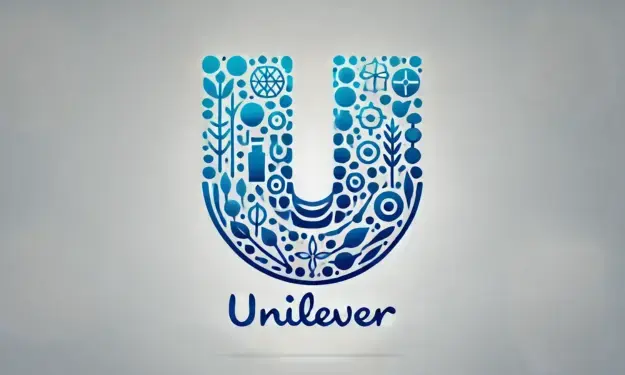
.webp)

.webp)
.webp)
